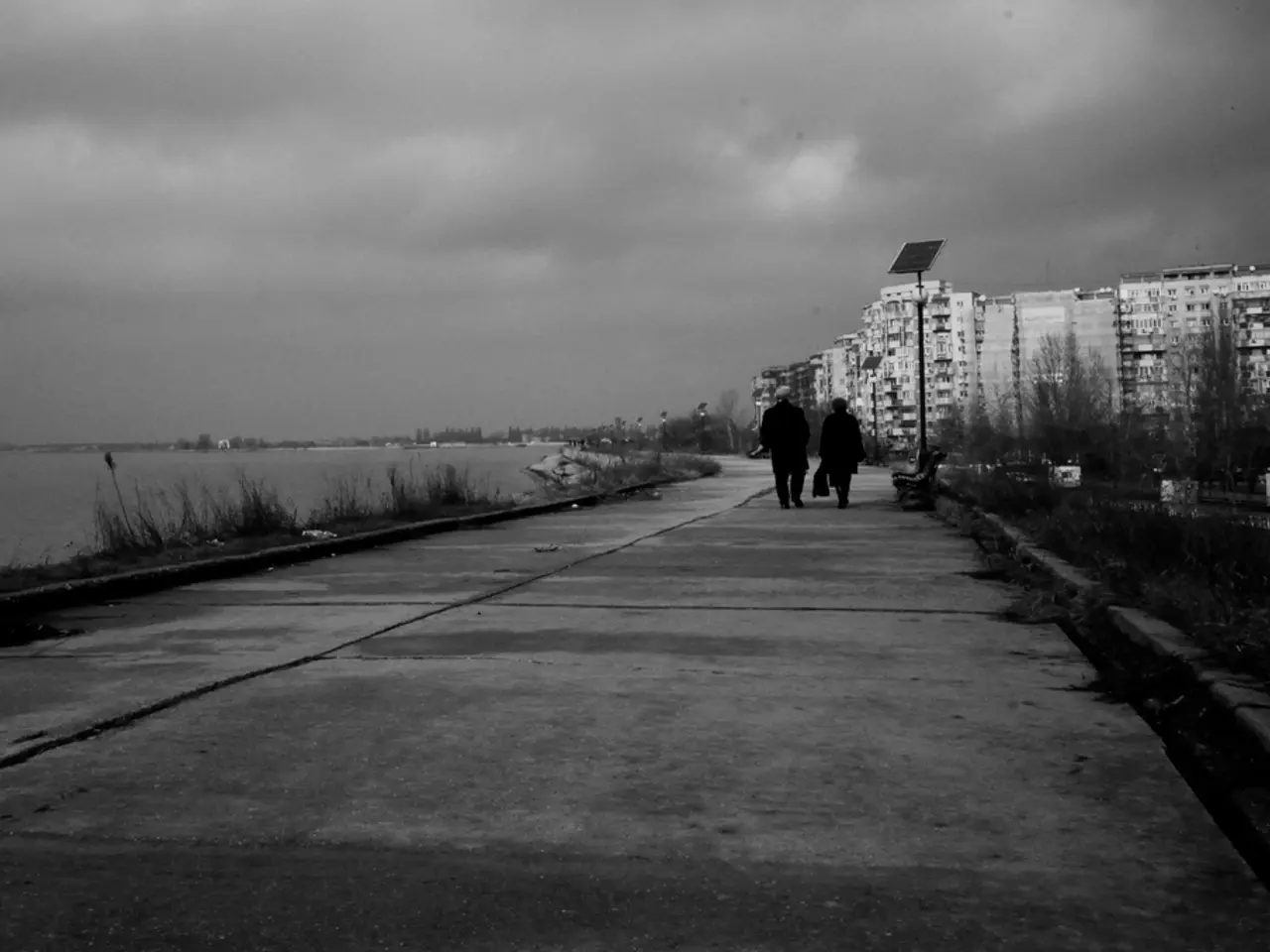Energy SPD Resisting Solar Energy Decreases
In the ongoing debate within Germany's black-red coalition, comprising the CDU/CSU and SPD, disagreements have arisen concerning the future state funding of small solar photovoltaic (PV) installations.
Nina Scheer, the SPD's parliamentary energy spokeswoman, has expressed her disagreement with Federal Economics Minister Katharina Reiche (CDU) regarding the need for funding for new small solar installations. Reiche, on the other hand, believes that new, small PV systems are already profitable in the market and do not require funding.
The controversy over solar energy funding has also drawn criticism from industry associations. Despite this, Scheer has not mentioned any partial phase-out of solar energy funding in her comments.
Reiche has emphasised the importance of more flexibility, storage, and efficient network utilization, as well as further measures in network integration, network connections, and cross-sectoral use of renewable energies. She has also pointed out that prices for solar systems and storage have significantly decreased. However, her comments do not address the funding for existing small solar installations.
Reiche has also stated that she wants to leave the feed-in tariffs for existing solar installations unchanged to protect them. This stance contrasts with Scheer's emphasis on the need for a significant expansion to address wasted power and advocacy for further measures in this area, which are provided for in the coalition agreement.
It is worth noting that Scheer has stated that the coalition agreement does not include a partial phase-out of solar energy funding. However, the specifics of the current disputes and positions within the coalition remain unclear, as no recent references directly describe these details.
As the debate continues, it appears that the coalition's members are divided on the scale and mechanism of support for small solar systems and potential phases out or transformations of feed-in tariffs. For precise and current details, one would need up-to-date coalition statements or specialized energy policy sources closer to late August 2025.
- The discussion within Germany's black-red coalition about the future funding of small solar PV installations has extended to include the sector of finance, as industry associations have voiced their concerns.
- Despite Reiche's stance to preserve feed-in tariffs for existing solar installations, Scheer has emphasized the need for a significant expansion, including further measures to address wasted power and exploration of renewable-energy ways in industry.




